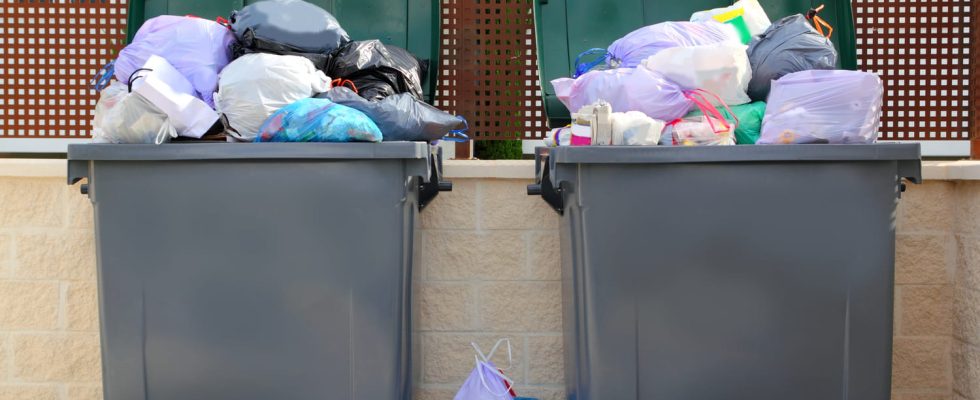This bill will quietly increase for households.
Take your trash bag, close it and throw it in the gray trash can installed in front of your home. Tens of millions of French people do this habitual gesture every day, or almost. However, it is not trivial, far from it. Because behind it, a whole mechanism for the collection, treatment and incineration of waste is being put in place. Above all, this gesture will cost more and more. Discreetly, but surely.
Every year, everyone pays for household waste collection. Either directly, with a dedicated invoice sent by the community or owners to their tenants, or indirectly for many households since this expense is still mainly integrated into the amount of property tax. If there are no national prices for this service (they are decided locally), there is a general trend that no one can deny: increases in their bills are coming, in two different ways.
First of all, with the increase in property taxes. Every year, the basis for calculating this tax increases, little by little. In 2024, it will be at least 3.9% more. From this amount, the communities which manage the collection and processing of waste – generally agglomerations/communities of municipalities – deduct a percentage, indicated in the “Household waste tax” column of your property tax notice.

If the rate remains fixed from one year to the next, the increase in the calculation base automatically leads to an increase in the bill paid for household waste. This can even be accentuated if the community decides, in addition, to increase the share it recovers. A household which paid €200 for its bins in 2023 will pay, at a minimumof €207.80 this year.
But that’s not all. For several years, payment for waste collection has been transformed and another form of invoicing has been in place. It is already effective with more than 6 million French people: paying according to the waste you produce. This is called the Incentive Fee or the Incentive Household Waste Collection Tax.
The principle is simple: households pay an annual amount which includes unlimited collection of yellow, green and glass bins. On the other hand, for the gray trash (all waste that cannot be sorted), only a few emptyings are included (generally 12 per year). Additional ones are billed in addition to the package. And this can rise to around €10 each time in certain communities.
This system is set to expand since the ambition is for 25 million people (by 2025 initially) to be subject to this billing system. It is therefore better to sort your waste diligently because the gray bin is only supposed to contain the household waste remaining after sorting. If you don’t do it correctly, you will fill that bin, take it out more often and, therefore, pay accordingly.
